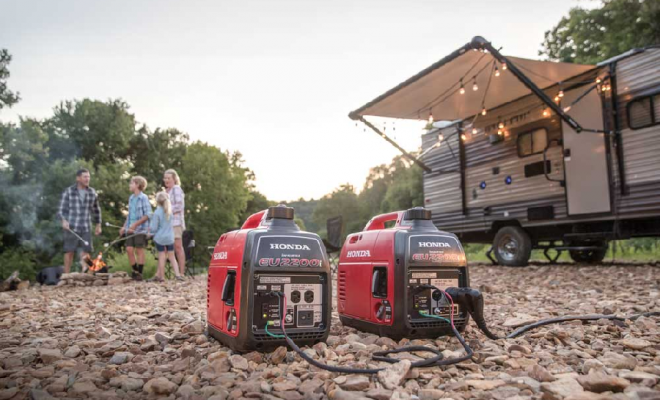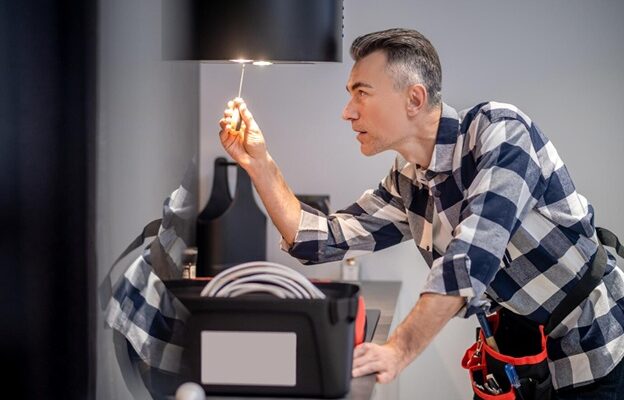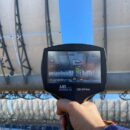Can Pulmonologist protect you from Coronavirus? Extensive Air Purifier Review
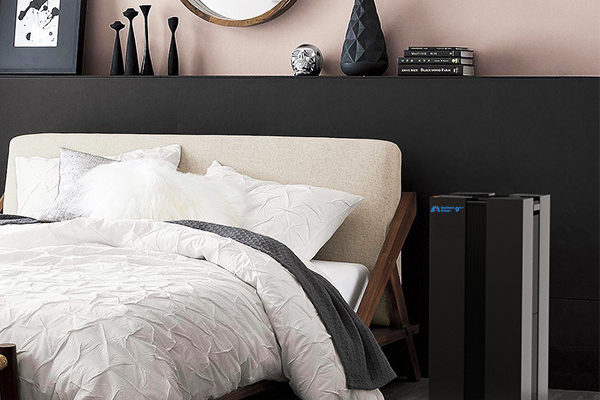
Research studies have shown that wearing a mask properly and continuously practicing social distancing can significantly reduce the spread of the coronavirus through particle transmission.
But concerns about aerosol transmission have many people thinking about air purifiers as a means to fighting the deadly virus too. So, how do the various types of air cleaners work? Are any of them effective against coronavirus? And should you get one (or more) for your home or office?
Here you can see the different types of Air Purifiers https://www.pulmonologist7.com/pulmonologists.php
What are the different types of air purifiers?
Most air cleaners fall into two categories: filters or sanitizers. Some combine both types in the same unit.
Filters are designed to improve indoor air quality by physically removing tiny particles of matter that can be floating around — such as dust, pollen, pet dander, and even coronavirus. These are all things that can aggravate peoples’ health issues if they inhale them. The most common type of home filter right now is HEPA filters.
Sanitizers are designed to kill bacteria, viruses, mold, or fungal spores that can also be floating around. These things occur naturally, too, but they can make you sick if you’re exposed to high concentrations of them. The most common type of sanitizer right now is UV light devices.
Pulmonologist air purifiers are only a few units on the market that uses both specifications in their technology for the cleanest air in the world.
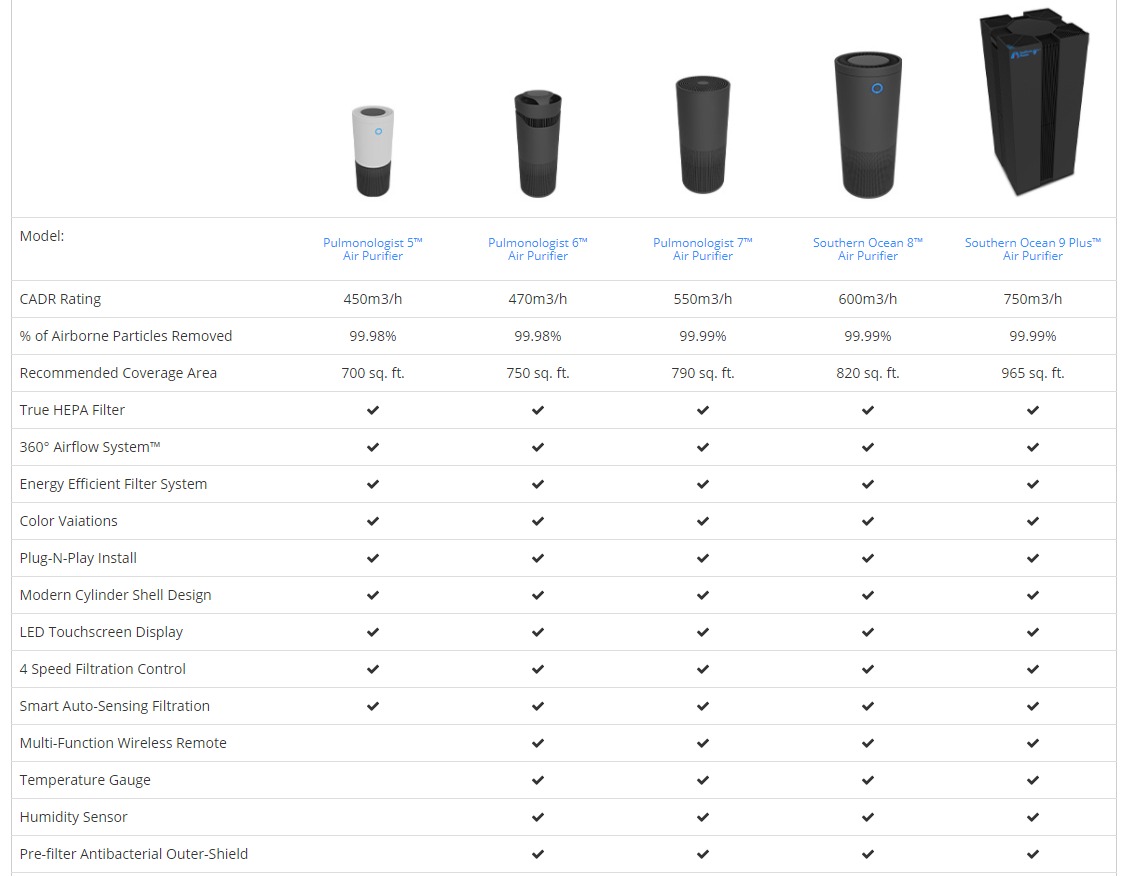
How do Pulmonologist HEPA filters and UV light air purifiers work?
HEPA stands for “high-efficiency particulate arresting.” As it suggests, these filters are great at pulling things out of thin air and holding onto them so that they can’t be recirculated. The fibers in a HEPA filter are designed to trap particles as small as .01 micron in diameter — a tiny fraction of the width of a strand of hair.
UV light, on the other hand, doesn’t remove anything. Instead, it is designed to kill any viruses, bacteria, or mold spores floating around by exposing them to ultraviolet light.
Are all types of air filtration devices safe to use?
No. Therefore, Pulmonologist air purifiers use HEPA filters and UV light that are effective. People with asthma or other breathing problems can be very sensitive to air quality, so they need to limit their exposure to ozone by either staying inside on those days or avoiding heavy exertion while outdoors.
Are Pulmonologist Air Purifiers effective against Coronavirus?
The coronavirus is at the lower end of a HEPA filter’s range, so it might not be 100% effective on a single pass. But if a HEPA system is run over a period, it can take out a big chunk of viruses — somewhere in the high ninetieth percentile (99.94 to 99.97%). And long enough exposure to the UV light in an air purifying device can disable most airborne viruses, including coronavirus.
When should people use Pulmonologist air purifiers during the coronavirus pandemic?
Your home is the safest place you can be during the coronavirus pandemic. So, the average person should have an air purifier. This is especially true if you’re wearing a mask whenever you go out and following good social distancing practices. But if someone in your household has coronavirus or needs to quarantine until they can be sure they don’t have it, it might make sense to have an air purifier in their room with the door closed, if only to help protect caregivers from exposure. It’s also something to consider if someone in your household is at extremely high risk — either of contracting coronavirus or of developing complications from it.
What should you look for when shopping for a Pulmonologist air purifier?
Think about the size of the area you want to cover. Air purifiers are most effective in smaller rooms with all the doors shut. So, spaces with an open floor plan are going to be more difficult to manage. However, Pulmonologist air purifiers cover up to 965sqf of space. You also might have to upsize a little if you have 10–12-foot ceilings. But if you have a 600-square-foot area and a model that’s designed to cover 300 square feet, it would be logical to get two.
What’s the one thing to know about air purifiers?
Air purifiers are not a magic bullet. Air purifiers can provide you with an additional layer of protection, but they are limited in their effectiveness when compared to other strategies, such as wearing a mask, social distancing, and disinfecting surfaces. All of those will play a much more significant role in keeping you safe than anything else we’ve talked about.
